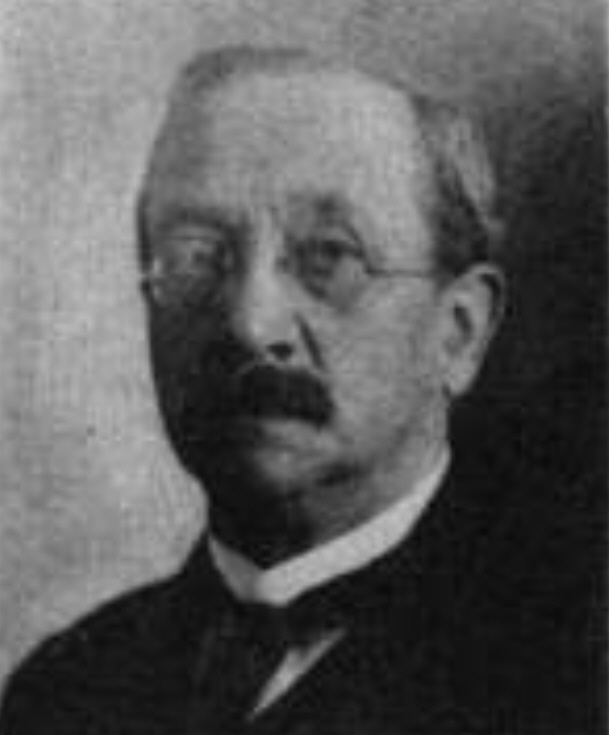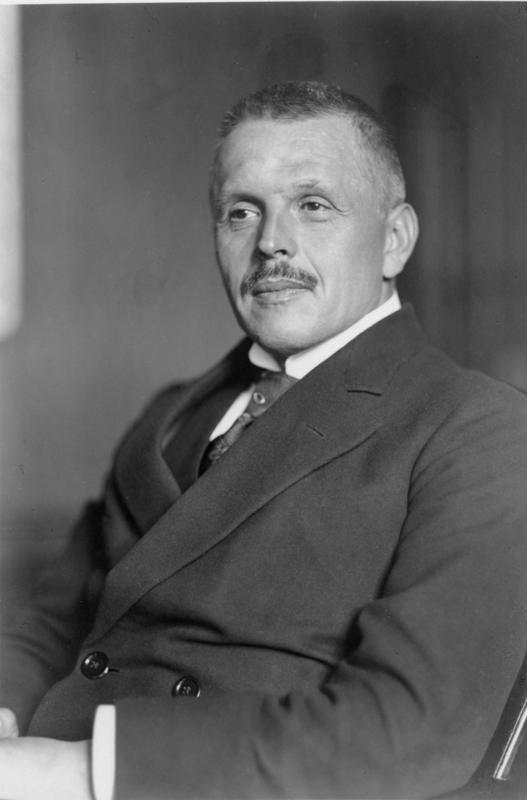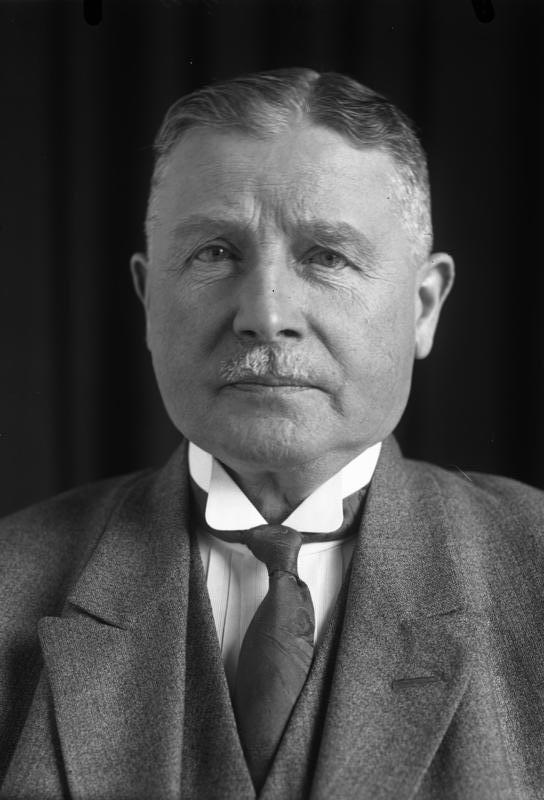First Wirth Cabinet on:
[Wikipedia]
[Google]
[Amazon]





 The First Wirth cabinet (German: ''Erstes Kabinett Wirth'') was the fifth democratically elected ''Reichsregierung'' of the
The First Wirth cabinet (German: ''Erstes Kabinett Wirth'') was the fifth democratically elected ''Reichsregierung'' of the





 The First Wirth cabinet (German: ''Erstes Kabinett Wirth'') was the fifth democratically elected ''Reichsregierung'' of the
The First Wirth cabinet (German: ''Erstes Kabinett Wirth'') was the fifth democratically elected ''Reichsregierung'' of the German Reich
German ''Reich'' (lit. German Realm, German Empire, from german: Deutsches Reich, ) was the constitutional name for the German nation state that existed from 1871 to 1945. The ''Reich'' became understood as deriving its authority and sovereignty ...
. It was named after ''Reichskanzler'' (chancellor) Joseph Wirth
Karl Joseph Wirth (6 September 1879 – 3 January 1956) was a German politician of the Catholic Centre Party who served for one year and six months as the chancellor of Germany from 1921 to 1922, as the finance minister from 1920 to 1921, a ...
and took office on 10 May 1921 when it replaced the Fehrenbach cabinet
The Fehrenbach cabinet (German: ''Kabinett Fehrenbach'') was the fourth democratically elected ''Reichsregierung'' of the German Reich. It was named after ''Reichskanzler'' (chancellor) Constantin Fehrenbach and took office on 25 June 1920 wh ...
.
The cabinet was once again based on the "Weimar Coalition" of Social Democratic Party of Germany
The Social Democratic Party of Germany (german: Sozialdemokratische Partei Deutschlands, ; SPD, ) is a centre-left social democratic political party in Germany. It is one of the major parties of contemporary Germany.
Saskia Esken has been the ...
(SPD), the Catholic Zentrum and the German Democratic Party
The German Democratic Party (, or DDP) was a center-left liberal party in the Weimar Republic. Along with the German People's Party (, or DVP), it represented political liberalism in Germany between 1918 and 1933. It was formed in 1918 from the ...
(DDP). Fehrenbach's cabinet had been based on the Zentrum, DDP and the German People's Party
The German People's Party (German: , or DVP) was a liberal party during the Weimar Republic that was the successor to the National Liberal Party of the German Empire. A right-liberal, or conservative-liberal political party, it represented politi ...
(DVP).
The First Wirth cabinet resigned on 22 October 1921 in protest over the handling of the Upper Silesia plebiscite
The Upper Silesia plebiscite was a plebiscite mandated by the Versailles Treaty and carried out on 20 March 1921 to determine ownership of the province of Upper Silesia between Weimar Germany and Poland. The region was ethnically mixed with ...
by the League of Nations
The League of Nations (french: link=no, Société des Nations ) was the first worldwide intergovernmental organisation whose principal mission was to maintain world peace. It was founded on 10 January 1920 by the Paris Peace Conference that ...
. It was replaced on 26 October by another cabinet led by Wirth.
Establishment and ''Londoner Ultimatum''
Wirth had been Finance Minister under chancellor Fehrenbach, whose cabinet had resigned on the evening of 4 May 1921 over its inability to agree on a new proposal to present to the Allies on the question of war reparations. On 5 May, the Allies then issued what became known as the "London Ultimatum". It demanded that by 11 May the German government accept the war reparations schedule and its total sum, punctually comply with disarmament according to theTreaty of Versailles
The Treaty of Versailles (french: Traité de Versailles; german: Versailler Vertrag, ) was the most important of the peace treaties of World War I. It ended the state of war between Germany and the Allied Powers. It was signed on 28 June ...
and initiate trials of German war criminals. In the case of non-compliance, the Allies would occupy the whole Ruhr
The Ruhr ( ; german: Ruhrgebiet , also ''Ruhrpott'' ), also referred to as the Ruhr area, sometimes Ruhr district, Ruhr region, or Ruhr valley, is a polycentric urban area in North Rhine-Westphalia, Germany. With a population density of 2,800/km ...
, Germany's industrial heartland. This would be in addition to measures already announced: occupation of Düsseldorf, Duisburg and Ruhrort as well as financial sanctions in the form of a levy on German exports.
It took the German parties until 10 May to decide on their positions towards this ultimatum. The independent social democrats (USPD
The Independent Social Democratic Party of Germany (german: Unabhängige Sozialdemokratische Partei Deutschlands, USPD) was a short-lived political party in Germany during the German Empire and the Weimar Republic. The organization was establis ...
), SPD and Zentrum favoured acceptance. The DDP was split and left the decision to its Reichstag delegates. Attempts by the SPD to win the USPD for a coalition failed because the latter refused to cooperate with the Zentrum. The Zentrum, readier than the SPD to accept the stipulations of the ultimatum, now tried to form a government including both the DVP DVP may refer to:
* ''decessit vita patris'', "died in the lifetime of his father", term used by genealogists to denote a child who pre-deceased his or her father and did not live long enough to inherit the father's title or estate.
* Delivery versu ...
and the SPD. However, the DVP had voted against the ultimatum and a consensus proved impossible. Among those discussed as possible chancellors were Gustav Bauer and Paul Löbe
Paul Gustav Emil Löbe (14 December 1875 – 3 August 1967) was a German politician of the Social Democratic Party of Germany (SPD), a member and president of the Reichstag of the Weimar Republic, and member of the Bundestag of West Germany. He ...
(both SPD), Konrad Adenauer
Konrad Hermann Joseph Adenauer (; 5 January 1876 – 19 April 1967) was a Germany, German statesman who served as the first Chancellor of Germany, chancellor of the Federal Republic of Germany from 1949 to 1963. From 1946 to 1966, he was the fir ...
and Joseph Wirth (both Zentrum).
On the evening of 10 May, Wirth was able to present his new (if incomplete) cabinet. The Foreign Ministry, the Ministry of Finance and the Ministry for Reconstruction were still vacant with the former two temporarily led by Wirth. Wirth issued a government statement, endorsing acceptance of the ultimatum. The Reichstag voted 220 to 172 (one abstention) for the ultimatum. In the night of 10/11 May, a note stating acceptance signed by Wirth went out to the German embassies at London, Paris, Rome, Bruxelles and Tokyo.
The government was based on parties that did not have a majority in the Reichstag (only 206 of 459 delegates were members of the Zentrum, SPD or DDP). However, a policy of compliance with Allied demands found the support of the USPD on the left. On the right, some DVP delegates had indeed voted to accept the ultimatum, signalling some support from this quarter, too.
Overview of the members
The members of the cabinet were as follows: Notes: Wirth served as his own Minister of Finance. He was also temporary Foreign Minister until 23 May 1921 when Rosen took over at the ''Auswärtiges Amt''. The position of ''Reichsminister für Wiederaufbau'' was vacant until the end of May, when after a long period of hesitation, Rathenau accepted the position.Resignation
On 22 October 1921, the First Wirth cabinet resigned in protest over the decision by the Allies and theLeague of Nations
The League of Nations (french: link=no, Société des Nations ) was the first worldwide intergovernmental organisation whose principal mission was to maintain world peace. It was founded on 10 January 1920 by the Paris Peace Conference that ...
to ignore the results of the Upper Silesia plebiscite
The Upper Silesia plebiscite was a plebiscite mandated by the Versailles Treaty and carried out on 20 March 1921 to determine ownership of the province of Upper Silesia between Weimar Germany and Poland. The region was ethnically mixed with ...
– in which around 60% of voters had favoured remaining part of the Germany – by partitioning Upper Silesia and awarding about a third of the territory, half of the population and around 80% of the region's heavy industry to Poland
Poland, officially the Republic of Poland, is a country in Central Europe. It is divided into 16 administrative provinces called voivodeships, covering an area of . Poland has a population of over 38 million and is the fifth-most populous ...
. On 25 October, president Friedrich Ebert
Friedrich Ebert (; 4 February 187128 February 1925) was a German politician of the Social Democratic Party of Germany (SPD) and the first president of Germany from 1919 until his death in office in 1925.
Ebert was elected leader of the SPD on t ...
asked Wirth to form a new government, this time without the DDP. The first Wirth cabinet was thus succeeded on 26 October 1921 by the second Wirth cabinet
The Second Wirth cabinet (German: ''Zweites Kabinett Wirth'') was the sixth democratically elected ''Reichsregierung'' of the German Reich, during the period in which it is now usually referred to as the Weimar Republic. The cabinet was name ...
.
References
{{German Cabinets Wirth I Wirth I 1921 establishments in Germany Cabinets established in 1921 Cabinets disestablished in 1921